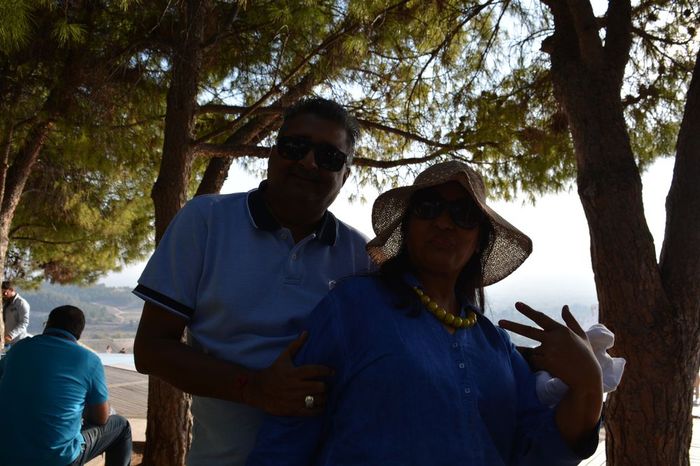The brigands who kidnapped Miss Ellen M. Stone and Mrs. Tsilka appeared to have a friendly relationship with George Toderoff, the guide hired to lead Miss Stone’s group. He was employed in Bansko just before the journey. Later, he was arrested as a possible accomplice to the kidnapping. However, the Bulgarian government released him without any trial or formal investigation, despite the protests made by the U.S. diplomatic representative in Bulgaria.
No Harm to the Travelers—Except One
Although the bandits were heavily armed and dangerous, they did not harm or rob any member of Miss Stone’s party. However, in a shocking act, they killed an unarmed Turkish man who happened to be walking along the same trail. They likely feared that he might report them to the authorities. The killing was quick and cold-blooded A Journey Home Turns Dangerous.
Soon after, the brigands led the group to a remote campsite, where they told them to settle in for the night. Throughout the interaction, the brigands assured the group they would not be harmed. They made no threats and offered no insults, which was unusual behavior in that region—especially when Christians were confronted by Turkish soldiers.
Evidence the Captors Were Bulgarians
Miss Stone later explained that Christian women were often insulted or even harmed by Turkish soldiers in Macedonia. As a mature American woman with strong character, she was usually treated with more respect. However, had the captors been Turks, the outcome would likely have been very different—especially for the three young Bulgarian female teachers who were traveling with the group. This respectful treatment strongly suggests that the captors were not Turks, but Bulgarians Private Guided Sofia Tours.
After nightfall, the brigands quietly disappeared, taking with them Miss Stone, Mrs. Tsilka, and two horses. Strangely, they left behind all other members of the group, their belongings, and even their food supplies. Had the captors been Turkish bandits, it is very likely they would have robbed everyone and taken all the animals and supplies. Instead, nothing was taken—a further clue to the political rather than criminal nature of the kidnapping.
Life in Captivity Harsh but Respectful
From September 1901 to February 23, 1902, the two women were held captive in the Balkan mountains. They were moved from place to place to avoid discovery. Life in the mountains was difficult and uncomfortable, especially during the cold winter months. However, both Miss Stone and Mrs. Tsilka later confirmed that their captors treated them with consistent respect and kindness.
The bandits did their best to provide food and shelter, even though they were hiding in a very primitive and rugged area. It was clear that the brigands valued their captives and took precautions to protect them from harm or exposure.
A Birth in the Mountains
In November, during the captivity, Mrs. Tsilka gave birth to a child. Remarkably, the brigands made an effort to bring an elderly woman from an unknown place to assist as a nurse. This unusual act of care further shows that the captors were not ordinary criminals, but people with a purpose and political message, likely connected to the Macedonian revolutionary cause.
The kidnapping of Miss Stone and Mrs. Tsilka was a shocking event, but it was not an ordinary robbery. The actions of the captors—their restraint, their respect, and their efforts to ensure the women’s safety—suggest that this was a politically motivated abduction. Their goal was not to steal or kill, but to attract attention to the struggles in the Balkans. Even in a time of great danger, the humanity and discipline shown by the captors left a powerful impression on the world.








